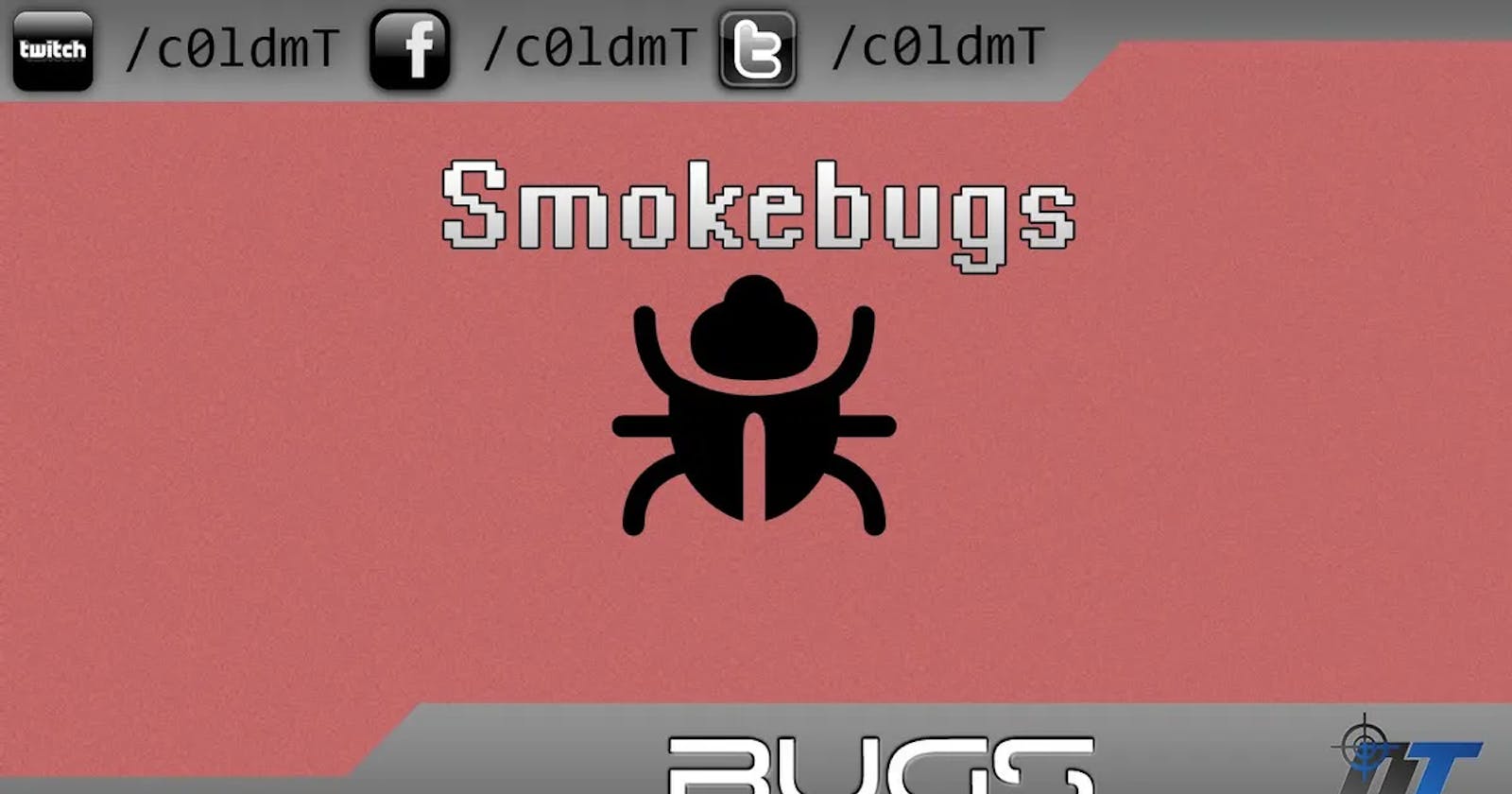Writing exploits can be a complex and advanced topic that requires a solid understanding of computer systems, programming languages, and security concepts. Here are some general steps to get started with writing exploits:
-Identify a vulnerability: The first step in writing an exploit is to identify a vulnerability in a target system or application. This can involve researching known vulnerabilities, examining code or network traffic, or using tools to scan for weaknesses.
-Replicate the vulnerability: Once you have identified a vulnerability, you need to replicate it in a test environment. This involves setting up a system or application that has the same configuration and version as the target system and exploiting the vulnerability to confirm that it works.
-Reverse engineer the code: Once you have replicated the vulnerability, you will need to analyze the code or system to understand how it works and how the vulnerability can be exploited. This may involve decompiling binaries, reverse engineering protocols, or analyzing memory dumps.
-Develop an exploit: Using the knowledge gained from the previous steps, you can start developing an exploit. This can involve writing code that takes advantage of the vulnerability to gain access to the system or application, or crafting network packets that exploit weaknesses in the network stack.
-Test and refine the exploit: Once you have developed an exploit, you need to test it to ensure that it works as expected. This may involve tweaking the code or network packets to optimize the exploit or overcome defenses.
-Deploy the exploit: The final step is to deploy the exploit against the target system or application. This can involve setting up a staging environment, launching the exploit, and monitoring the results.
It's important to note that writing exploits can be illegal and unethical if done without permission from the owner of the system or application. Always make sure that you have permission.
"This is for educational purposes only , Don't do any anything illegal or unethical.Thank you for reading."
